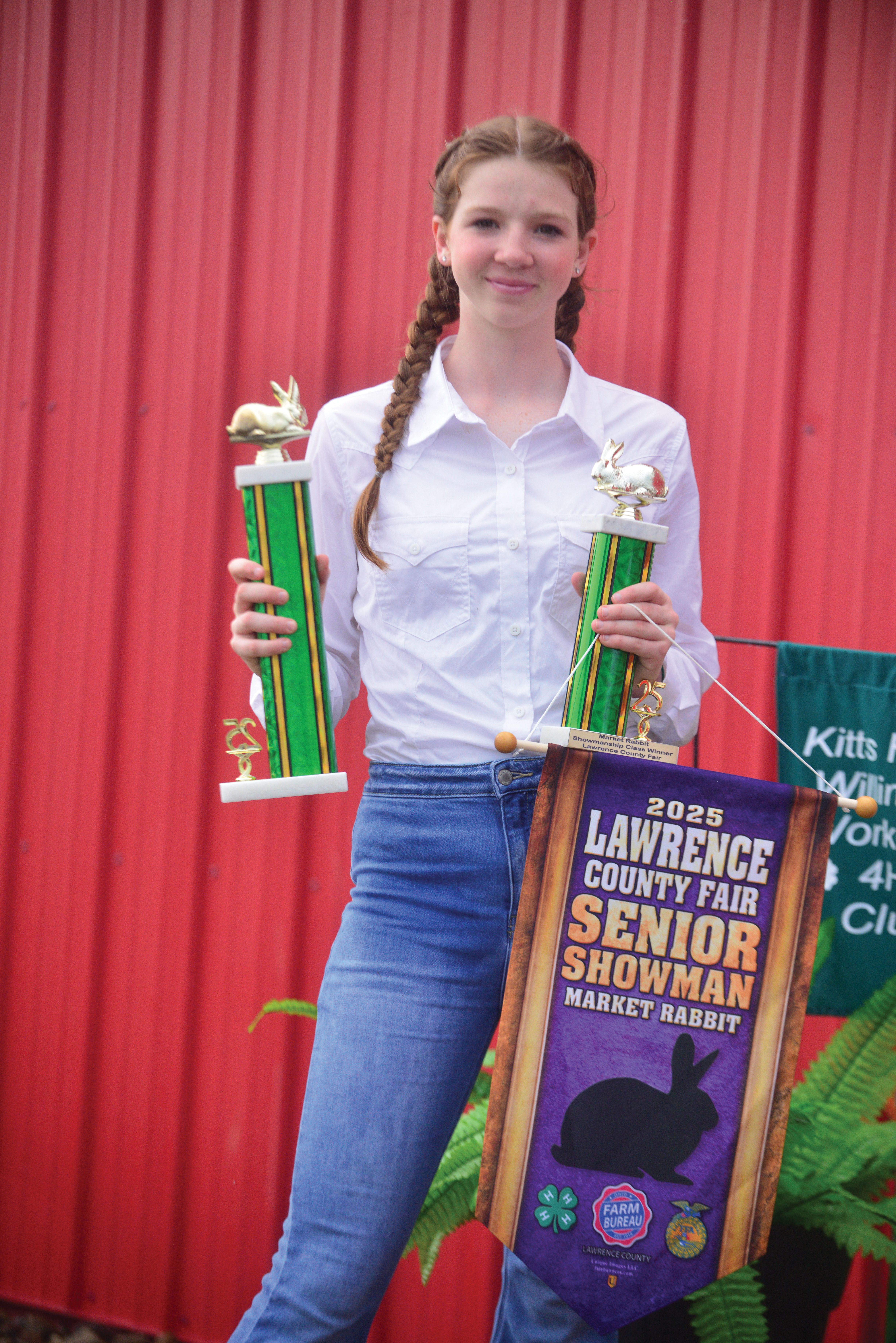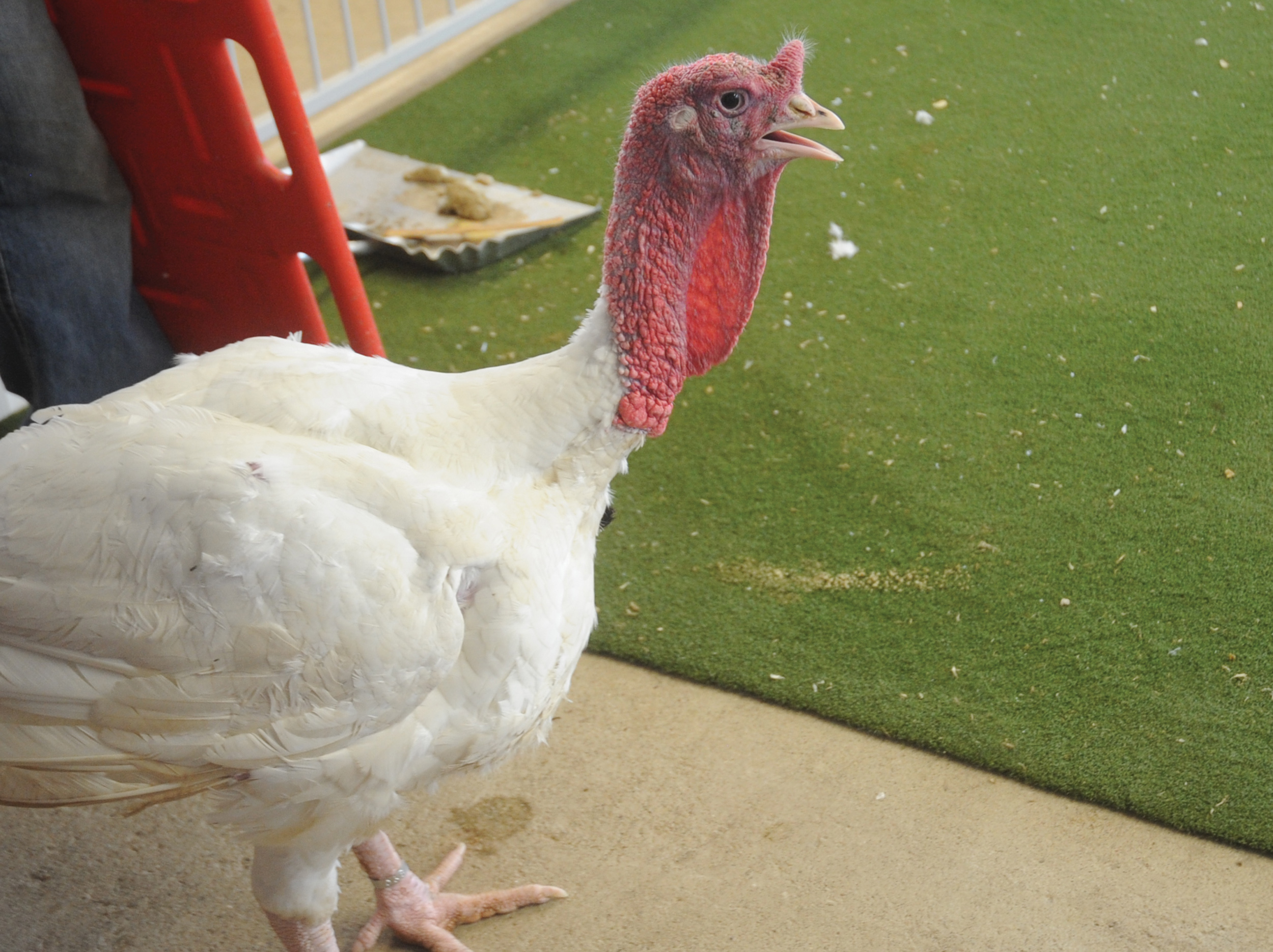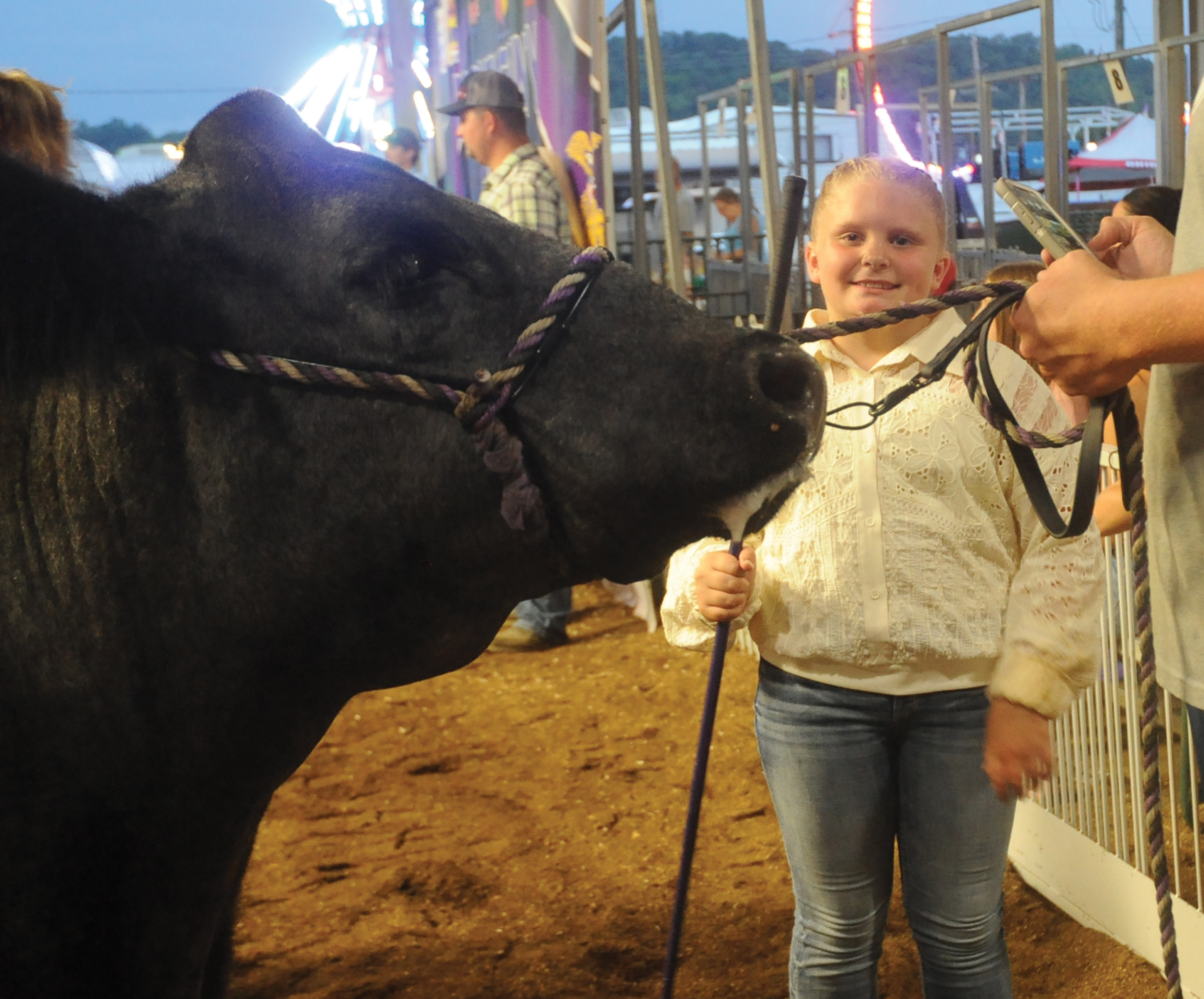Nation must ‘come together’
Published 12:06 am Sunday, July 10, 2016
According to the most recently compiled data by the Centers for Disease Control and Prevention, on average, nearly 2.6 million Americans die each year.
The leading cause of death right now is heart disease, with more than 600,000 deaths. Following close behind is cancer, with more than 590,000 deaths. In descending order behind that are chronic lower respiratory diseases, accidents (unintentional injures), stroke, Alzheimer’s, diabetes, influence and pneumonia, nephritis and suicide.
That’s a pretty grim top 10 list.
Trending
While some of the deaths associated with those causes could probably be prevented — if folks didn’t use tobacco products or if people lived healthier lifestyles — sometimes it’s just the luck of the draw. Accidents happen. Cancer happens. Sometimes there is just no stopping death.
So why, with all the Americans we lose each year, why do we have to lose a single person to gun violence?
So far this year, 7,110 people have died as a result of a gunshot, according to the nonprofit site Gun Violence Archive. Included in that number are the victims of mass shootings, like the one in an Orlando nightclub in June that killed 50 people, and Thursday’s shooting in Dallas in which five law enforcement officers were killed during what was supposed to have been a peaceful protest.
For far this year 26 police officers have been killed in the line of duty, which is 44 percent higher than this time last year, according to data from the National Law Enforcement Officers Memorial Fund. That number also includes the five officers in Dallas.
According to the Washington Post’s Fatal Force database, 509 people have been shot and killed by police this year. That number includes Philando Castile, who was shot by an officer in a car in Minnesota on Wednesday, and Alton Sterling, who was shot in Baton Rouge after police tackled him in a parking lot.
People who are older than I may be able to look back through history and compare today’s political or social, or economic climate with that of the Vietnam War or Civil Rights eras. I can do so only through reading others’ accounts of those times.
Trending
But just in the few decades I’ve been on this earth, it seems to me that there are more lines drawn in the sand than ever: Same sex marriage vs. one man one woman; unlimited gun rights vs. gun reform; Democrat vs. Republican. Most recently, the focus has shifted to support for law enforcement vs. Black Lives Matter.
We are living in a divisive time where understanding and civil dialogue have seemingly gone out the window. And it’s breeding hate, which sometimes manifests itself into violence, like some of the recent shootings we’ve seem or read about in the news.
Joyce King, African American author and contributor to the Dallas Morning News, recently wrote a column about the Dallas shootings, calling on Americans to unify in times such as these. She certainly said it better than I could have, so I have included it here:
“Why do they hate us so much?”
Those were the words millions of Americans asked after September 11, 2001, as we stood together, arms linked and knees bent, seeing after neighbors and accounting for others who went to work in New York, Washington and Pennsylvania. First responders marched up flights of burning steps to an unknown doom.
Now, here we are, Dallas, the morning after, with our own Ground Zero. And it hurts like hell. After the attack on peace and innocence, after the hate, and after the horrific tragedy that has claimed five precious lives, how we mourn together and stand together is what will get us through. But “after” and the future are hard to see right now.
Let us show the nation that we honor humanity, and our lives matter to each other. I see them now, no footage required, Dallas police officers rushing toward the sound of gunfire to protect and serve. They responded, as one unit, footsteps racing to restore calm, root out evil. The skyline of beautiful downtown Dallas beamed down on them, they love this city.
How can we honor these fallen law enforcement personnel and those who were injured in the line of duty? We can salute them, pay respects to their families, by responding as they did: One unit, footsteps racing to restore calm, root out evil. We love this city.
Hatred must not win. The question we want the rest of America, and the world, to ask next is, “Why do they love each other so much?”
As Mayor Mike Rawlings and Chief David Brown, stood together, a united front, the two words they used to sum up this horrible “after” are the words we must activate in this fragile, tender moment: Come together.





